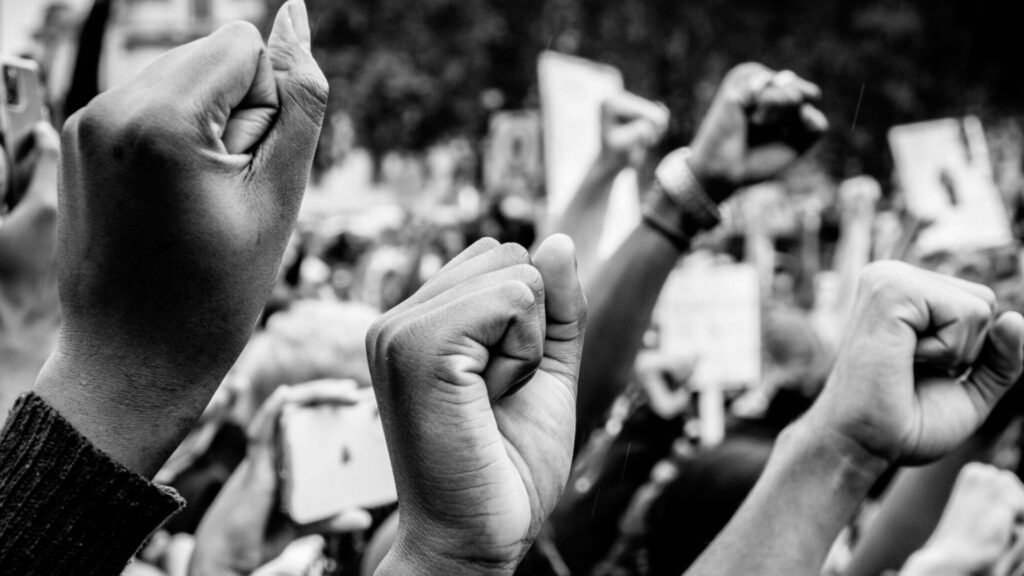Understanding political theories can offer valuable insights into how societies function and how political decisions are made. Political theories everyone should know provide a foundation for analyzing and discussing political systems, behaviors, and ideologies. If you’re curious about the principles that shape political thought, here are some key theories you should be familiar with.
1. Democracy
At the core of political theories everyone should know is democracy. This theory emphasizes the role of the people in governing themselves. In a democratic system, power is derived from the consent of the governed. Democracy can take various forms, including direct and representative democracy. Direct democracy involves citizens making decisions on policy matters directly, while representative democracy relies on elected officials to make decisions on behalf of the people.

2. Liberalism
Liberalism is another crucial political theory. It advocates for individual freedoms, equal rights, and democracy. Rooted in the Enlightenment era, liberalism emphasizes the protection of individual liberties and the importance of a government that is accountable to its citizens. Key concepts in liberalism include the rule of law, separation of powers, and the protection of civil rights.
3. Conservatism
In contrast to liberalism, conservatism focuses on preserving traditional institutions and values. This theory argues for a gradual evolution of society rather than rapid changes. Conservatives typically emphasize stability, continuity, and the importance of established customs and practices. They believe that maintaining traditional institutions helps to ensure social order and stability.
4. Marxism
Marxism offers a critical perspective on capitalism and class struggle. Developed by Karl Marx and Friedrich Engels, this theory argues that history is driven by conflicts between different social classes. Marxism predicts that the working class (proletariat) will eventually overthrow the capitalist class (bourgeoisie), leading to a classless society. Key ideas include the critique of capitalism and the advocacy for a proletarian revolution.
5. Feminism
Feminism is a theory that examines the role of gender in society and advocates for gender equality. It challenges traditional gender roles and seeks to address the systemic inequalities faced by women. Feminism encompasses various waves and perspectives, from suffrage movements to contemporary discussions on intersectionality and gender identity.
6. Realism
In international relations, realism is a theory that focuses on the competitive and conflictual aspects of international politics. Realists argue that states are primarily motivated by self-interest and the pursuit of power. According to realism, the international system is anarchic, and states must act in their own interest to ensure their survival and security.
7. Utilitarianism
Utilitarianism is a theory in ethical and political philosophy that emphasizes the greatest good for the greatest number. It argues that the best action or policy is the one that maximizes overall happiness and minimizes suffering. Utilitarianism influences various aspects of public policy, including economic and social policies.
8. Anarchism
Anarchism challenges the legitimacy of all forms of hierarchical authority. Anarchists advocate for a stateless society where individuals freely cooperate without coercive institutions. This theory promotes self-governance and voluntary associations, rejecting centralized power structures and advocating for direct action and grassroots organization.
9. Libertarianism
Libertarianism emphasizes individual liberty and minimal government intervention. Libertarians advocate for a free market economy and personal freedom, arguing that individuals should be free to make their own choices as long as they do not infringe on the rights of others. This theory supports limited government functions, primarily focused on protecting individual rights and property.
10. Socialism
Socialism advocates for social ownership and democratic control of the means of production. Unlike capitalism, which emphasizes private ownership and profit, socialism seeks to reduce inequality and ensure that resources and wealth are distributed more equitably. Socialists believe that a more collective approach to economic management can lead to a fairer society.
Conclusion
In summary, political theories everyone should know provide a diverse set of perspectives on how societies are organized and governed. From democracy and liberalism to Marxism and anarchism, understanding these theories helps us appreciate the complexities of political systems and ideologies. Each theory offers unique insights into the nature of power, governance, and societal values. By exploring these theories, we gain a deeper understanding of the principles that shape our world.